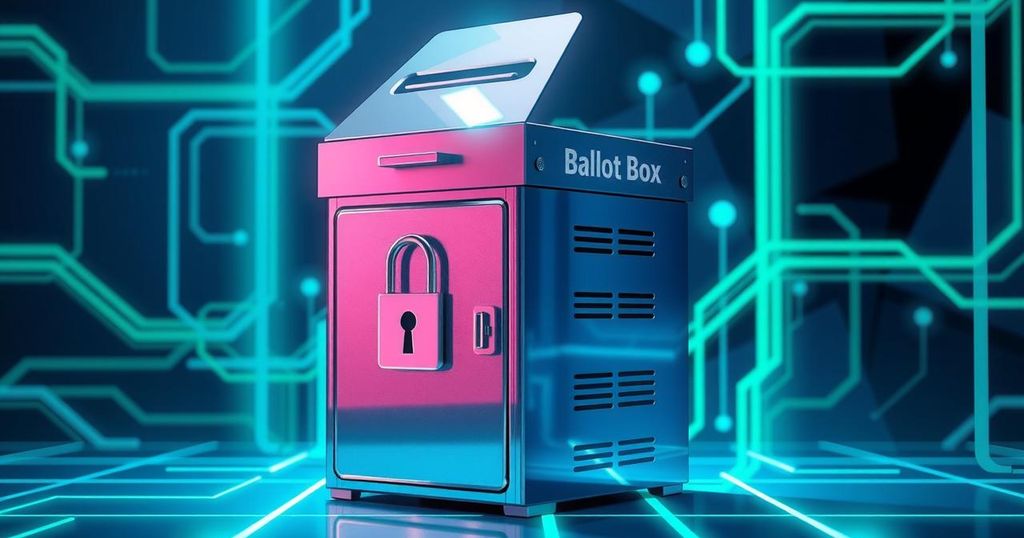Pennsylvania Officials Assess Impact of Trump’s Election Order on Cybersecurity

Pennsylvania’s Secretary of State, Al Schmidt, revealed that Governor Josh Shapiro’s administration is reviewing an executive order from Trump which impacts voting security. The order mandates proof of citizenship for voter registration, raising concerns about federal cuts to cybersecurity support from CISA. Schmidt stressed that these resources are vital for safeguarding elections amidst rising cyber threats from foreign actors.
In Pennsylvania, Secretary of the Commonwealth Al Schmidt announced that Governor Josh Shapiro’s administration is evaluating an executive order by former President Donald Trump concerning U.S. elections. Schmidt emphasized the administration’s commitment to protecting voting rights, pointing out the potential implications of requiring citizenship documentation for voter registration and the certification of voting systems in light of the recent federal cuts to election security resources.
The executive order from Trump necessitates proof of citizenship for voter registration, reflecting his administration’s stance on immigration issues. Furthermore, the U.S. House Republicans are advancing the Safeguard American Voter Eligibility Act (SAVE Act) to solidify these requirements, leveraging the threat of funding loss to spur state compliance. Schmidt affirmed the importance of federal support in maintaining election security, particularly following budget cuts to the Cybersecurity and Infrastructure Security Agency (CISA), which provides crucial monitoring resources.
Schmidt warned that the withdrawal of CISA resources would compromise election security in Pennsylvania. CISA played a vital role in the state’s election threat task force, established to enhance communication among federal, state, and local entities ahead of the upcoming elections. They previously aided in addressing specific threats, including bomb threats and disinformation campaigns that occurred during critical voting periods.
Suzanne Spaulding, former under secretary for cybersecurity at the Department of Homeland Security, asserted that election infrastructure is critical and has been officially recognized as such since 2017. The need for heightened election security arose significantly after the 2016 presidential election, which saw increased cyber threats, particularly from foreign actors.
Despite initial resistance from state officials regarding federal involvement in election security, CISA aimed to build trust and provide bipartisan support for safeguarding electoral systems. Spaulding noted with concern that recent funding cuts and personnel reductions have halted critical election security efforts at CISA.
Deborah McCarthy, a former U.S. ambassador, highlighted the continued threat of cyber attacks from nations like Russia, Iran, and China, with malicious actors attempting to influence elections through fabricated social media narratives. She warned about the advancements in cyber intrusion by Chinese entities, potentially compromising U.S. telecommunications.
Schmidt criticized the Trump administration’s approach to scaling back election security programs, suggesting that it stemmed from a misconception of election administrators as adversaries. He reiterated that in Pennsylvania, election administration operates independently and impartially, focusing on maintaining electoral integrity.
In summary, Secretary Al Schmidt emphasizes the necessity of federal support for election security in Pennsylvania, particularly in light of recent budget cuts to CISA. The ongoing evaluation of Trump’s executive order highlights the state’s commitment to protecting voting rights while navigating the complexities of federal and state laws. The continued threats from cybersecurity incidents necessitate a robust response to ensure the integrity of elections moving forward.
Original Source: levittownnow.com






